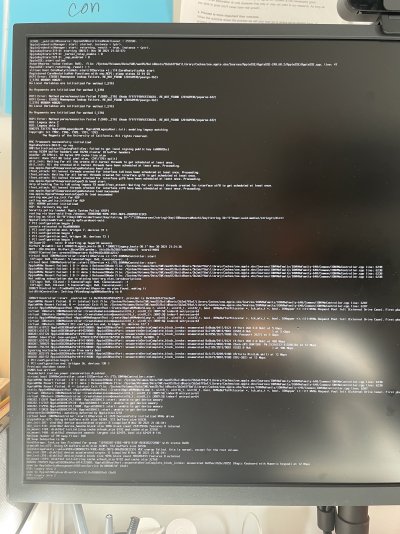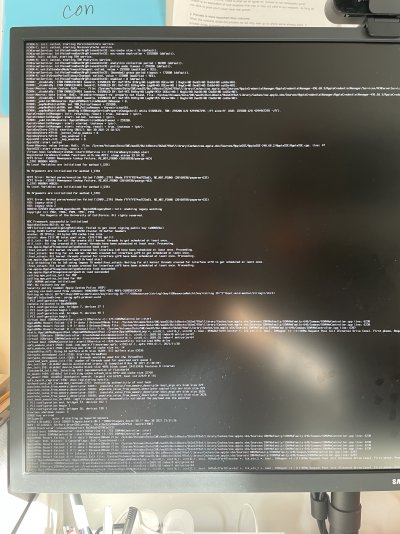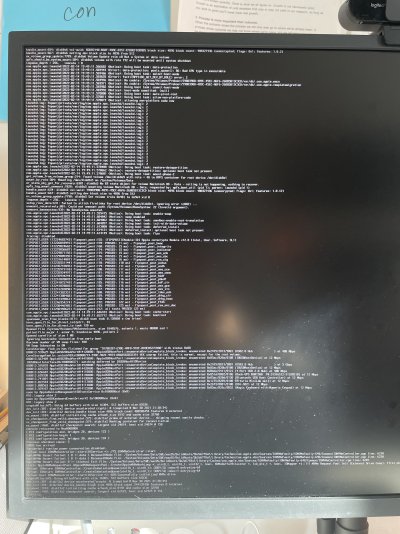- Joined
- Aug 6, 2013
- Messages
- 61
- Motherboard
- Gigabyte X299X Designare 10G
- CPU
- i9-10900X
- Graphics
- W5700 Pro
- Mac
- Mobile Phone
Yes, it was my BIOS settings. Unfortunately, I was unable to upgrade to Big Sur from your latest EFI, modded per my previous message. However, I was able to upgrade to Big Sur 11.5.2, reverting to my previous EFI (also based on your work @LeleTuratti, thank you so much!), and using F3c.I have tried all BIOS released for this card and rest assured they all work. If it does not boot anymore, probably something went wrong during the update process, try again and check on info if the installed BIOS version is the correct one.
Also check that you haven't forgotten any settings.
Now, everything works in Bug Sur as it worked under Catalina.
I do hesitate to upgrade to Big Sur 11.6.3 though, as I need this box to work on my projects. Any advice, @LeleTuratti ? I've found that BIOS version doesn't matter as much as many people here tend to believe.



